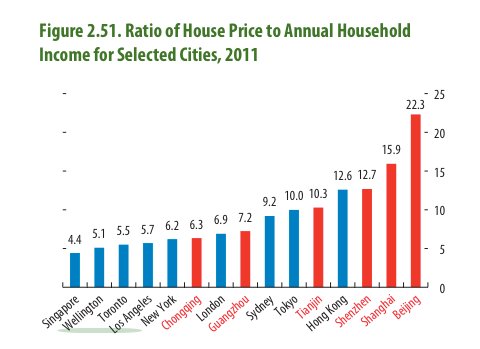This may not last long.
Mr. Rajan, 50, took charge on Wednesday of the Reserve Bank of India, which has tried and failed to stop the steep decline of the rupee against the dollar. India’s chronic inflation is almost certain to move higher in the coming months, given the country’s heavy dependence on imported oil priced in dollars. The stock market is plunging as economic activity slows by the day.
Yet unlike Ben S. Bernanke, chairman of the Federal Reserve, Mr. Rajan has very little political independence in his new job. Some of the biggest problems bedeviling the Indian economy are beyond his control, like the trade and government budget deficits and the crippling shortage of roads and other infrastructure.
All of his policy options carry big risks that could antagonize large sectors of the public, who will soon forget the rapturous accounts of his athleticism and charm.
“Any entrant to the central bank governorship probably starts at the height of their popularity,” Mr. Rajan said at a news conference early Wednesday evening. “Some of the actions I take will not be popular. The governorship of the central bank is not meant to win one votes or Facebook ‘likes.’ ”
Mr. Rajan, a University of Chicago finance professor, used his initial news conference to announce a long list of financial deregulatory measures that he plans in the coming weeks and months. These included issuing more licenses for new banks, making it easier for banks to open branches across the country and gradually lowering the percentage of assets that banks must hold in government securities – three steps aimed at increasing competition in India’s banking sector, long seen by critics as a clubby, cautious industry reluctant to lend to small and medium-size businesses or farmers.
The most immediate question facing Mr. Rajan, a former chief economist for the International Monetary Fund whose most recent job has been as chief economic adviser to Prime Minister Manmohan Singh, lies in how to halt the fall of the rupee. He said nothing on Wednesday evening about monetary policy, deferring the subject to a statement to be issued on Sept. 20.
Currency market intervention by the Reserve Bank has helped limit the rupee’s losses this week, and it even gained 0.94 percent on Wednesday, to 67.09 to the dollar. But the rupee’s slide through the summer and its continued weakness has fostered speculation in financial markets that Mr. Rajan might raise short-term interest rates in his first week in office.
A sliding currency pushes up inflation. An inflation-fighting central banker could raise interest rates. Higher rates would make investment in India more attractive to foreign and domestic money managers who have been hustling to move money out of the country. It could help curb inflation, already approaching 10 percent even before the full effect of rising import prices is felt in the coming weeks.
But with the economy already growing at its slowest pace since the worst of the global financial crisis in early 2009, India’s business establishment is fiercely opposed to any increases in interest rates. The Confederation of Indian Industry, the country’s most prominent business coalition, reiterated on Tuesday its call for the Reserve Bank of India to cut short-term interest rates by a full percentage point.
“The last thing you want is to choke off any hope of growth by raising” the benchmark interest rate, said Omkar Goswami, the chairman of CERG Advisory, a consulting firm based in Delhi, and an independent director of Indian companies like Infosys, a big outsourcing company, and IDFC, a financial conglomerate.

Article source: http://www.nytimes.com/2013/09/05/business/global/indias-new-central-bank-leader-may-have-a-short-honeymoon.html?partner=rss&emc=rss




